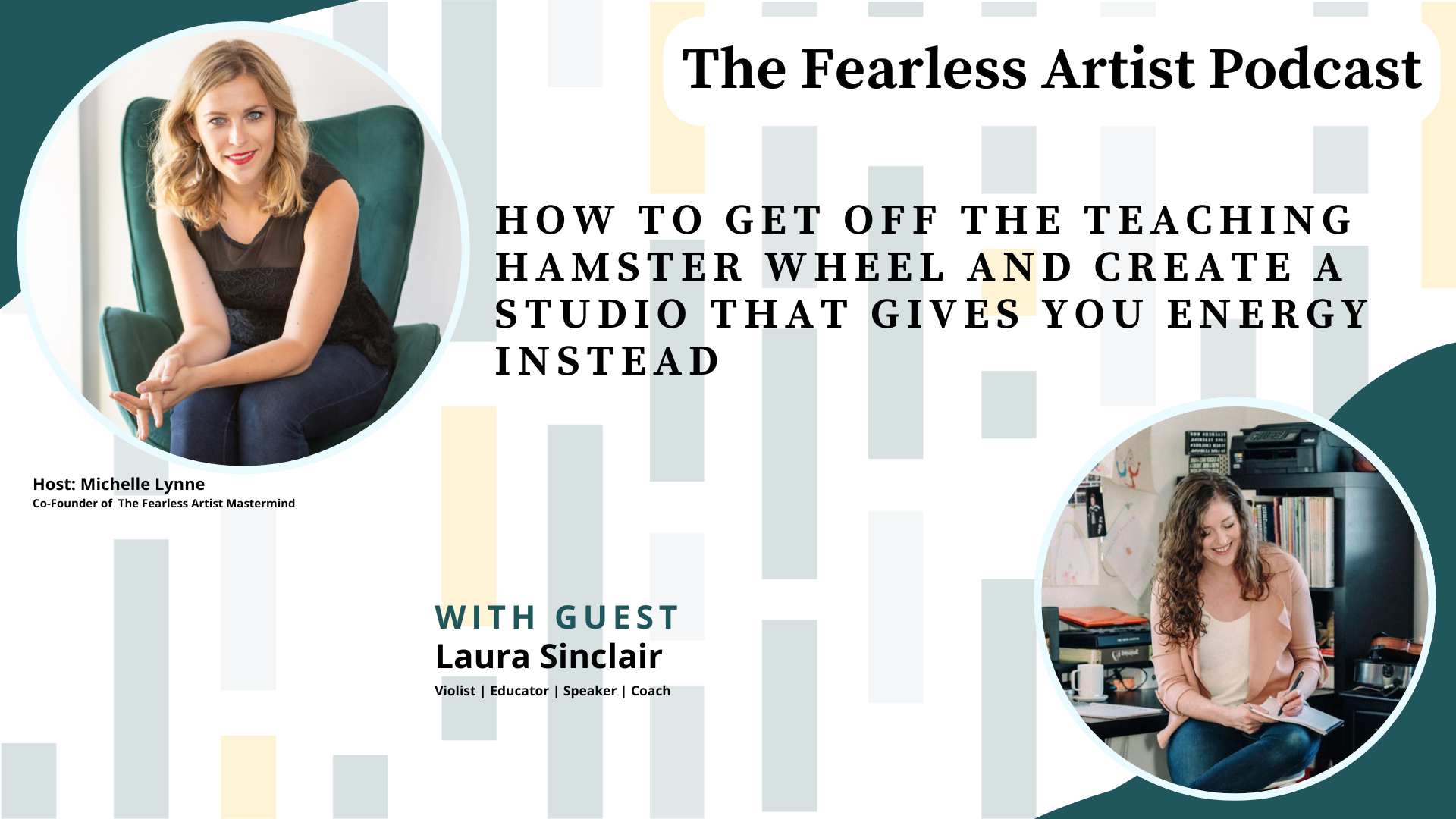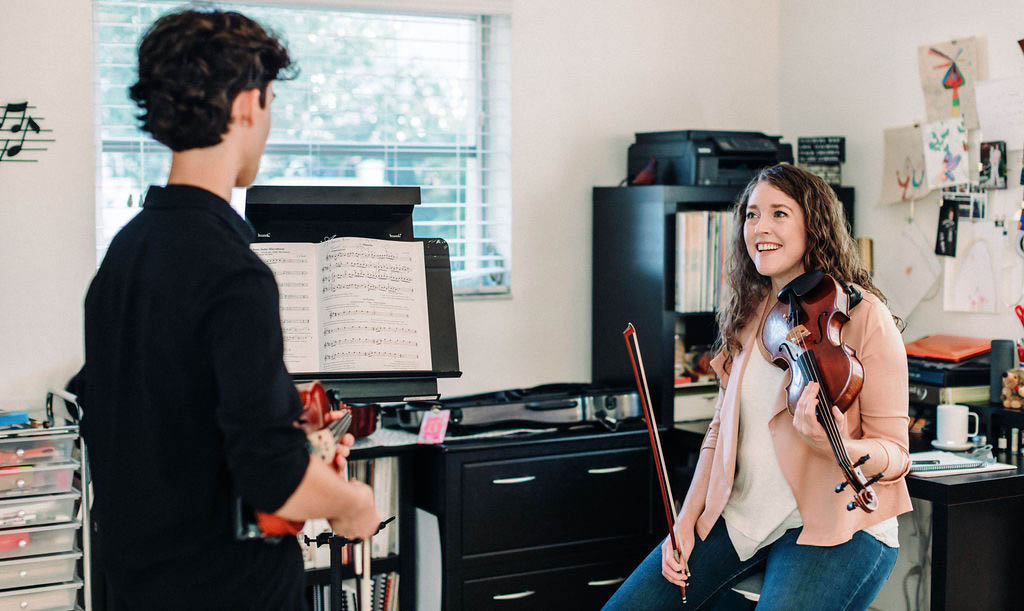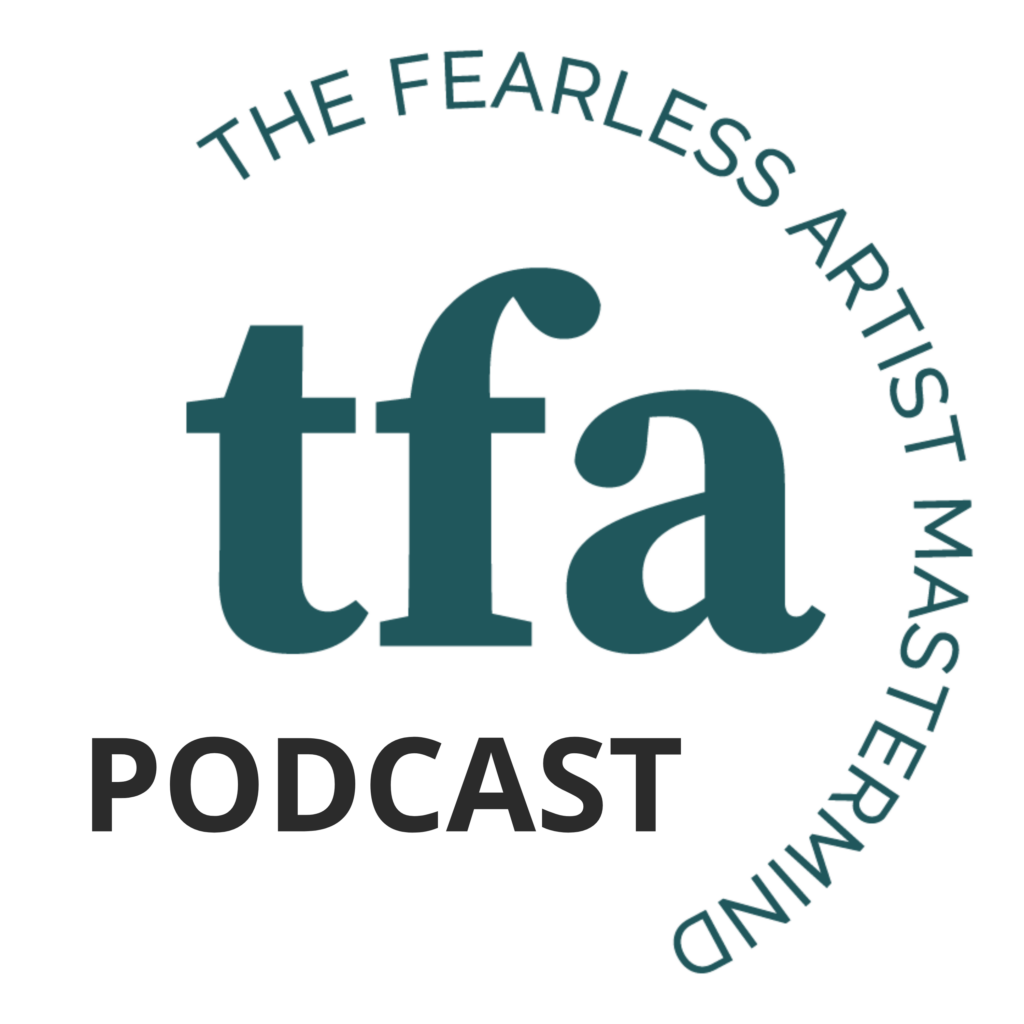How to get off the teaching hamster wheel and create a studio that gives you energy instead

Guest:
Laura Sinclair
Violist | Educator | Speaker | Coach
An active performer in the South Florida music scene, she can be seen with Naples Philharmonic, Atlantic Classical Orchestra and Boca Symphonia. A lover of Broadway old and new, she has appeared on both violin and viola around the country on the national tour of “Hamilton” and the South Florida stop of the national tour of “Funny Girl”, “Ain’t Too Proud”, “The Book of Mormon”, “Hello Dolly!”, “Anastasia” and “Aladdin”.
She has performed with Broadway greats Bernadette Peters, Idina Menzel, Lea Salonga, and Hugh Jackman, opera sensation Andrea Bocelli, rocker Rod Stewart, guitar legends Bucky and John Pizzarelli, Indie artists Amanda Palmer and Dashboard Confessional, American Songbook legends Steve Tyrell, Neil Sedaka, Marilyn Maye, Anne Hampton Calloway, Michael Feinstein & David Foster, and renowned pianist/theatre star Michael Cavanaugh.
Laura performs internationally with Elan Artists

Subscribe to The Fearless Artist Podcast
Intro/Outro music by Michelle Lynne • Episode produced by phMediaStudio, LLC
